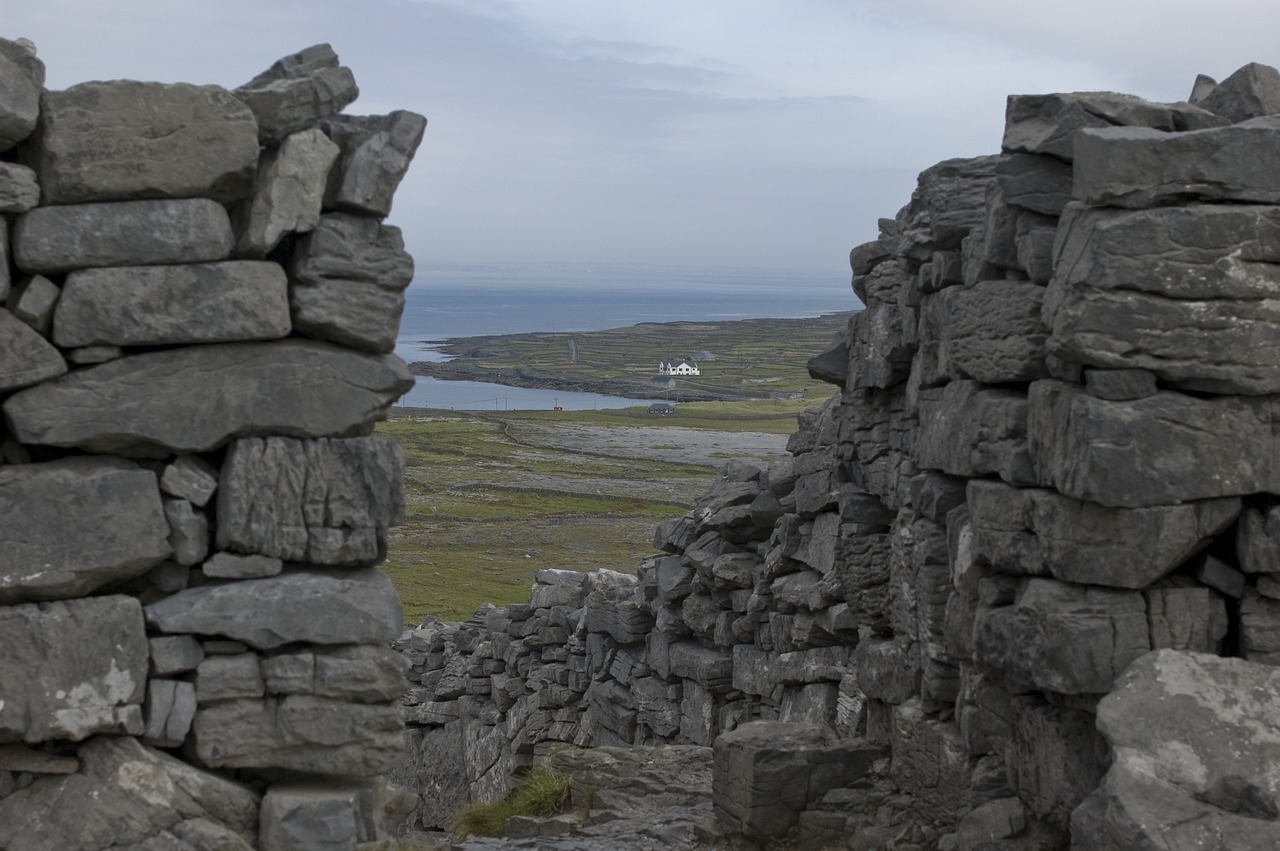-
Manannán: The Enigmatic Sea Deity Manannán mac Lir, commonly referred to as simply Manannán, holds a prominent place in Irish mythology and beyond. Known in different cultures as Manann Mac Lir (Irish), Mac y Leir (Scottish), and fab Llyr (Welsh)—which translates to “Son of the Sea”—he is depicted as a critical figure not just in…
-
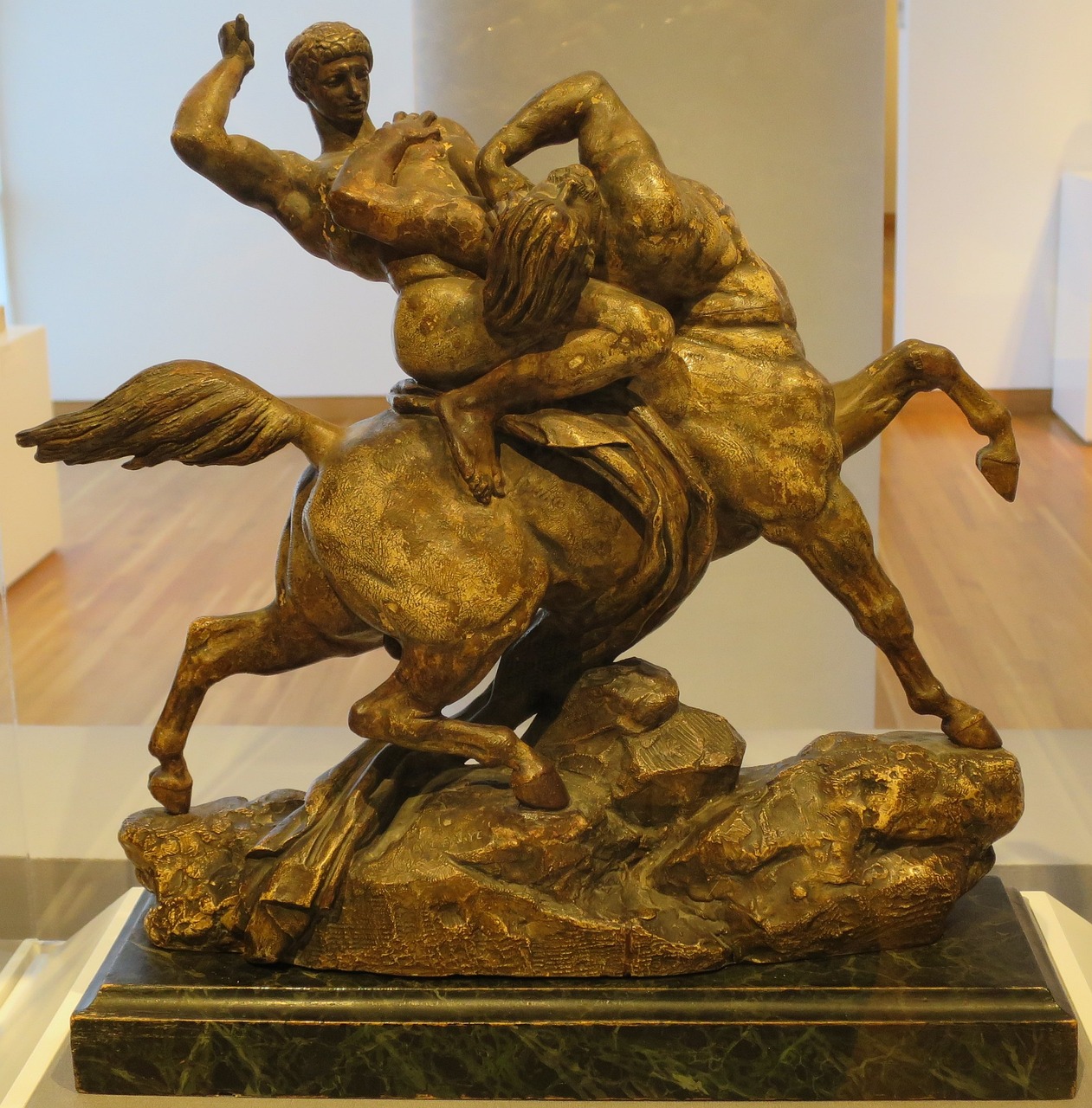
Have you ever come across the tale of the Minotaur and the hero, Theseus? This legendary narrative follows the terrifying monster and a tyrannical king, showcasing the incredible bravery displayed by Prince Theseus and Princess Ariadne in their quest to rescue the people of Athens. The Fearsome Beast On the island of Crete, the offspring…
-
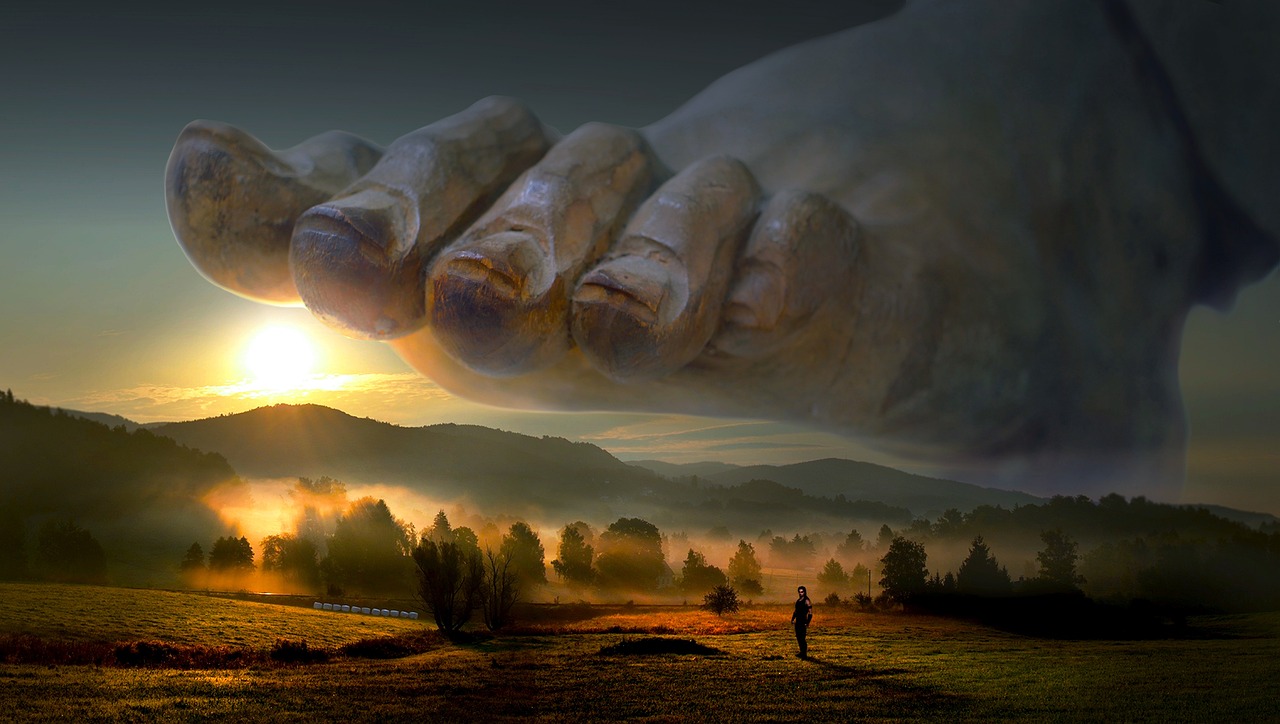
Vulcan: The Roman God of Fire and Forge Vulcan, known as Volcanus, was the Roman deity revered as the god of fire and forge, paralleling the Greek Hephaestus. Born to the prominent gods Jupiter and Juno, Vulcan served as the protector of blacksmiths and craftsmen, embodying not only the creative aspects of fire but also…
-
Rhiannon holds a significant position in the foundational prose and mythology of Britain, particularly in the Mabinogi—a collection of narratives that were documented in the 12th and 13th centuries, stemming from earlier oral traditions by Welsh authors of the medieval era. As a prominent figure, Rhiannon is recognized as the Celtic goddess of the moon,…
-
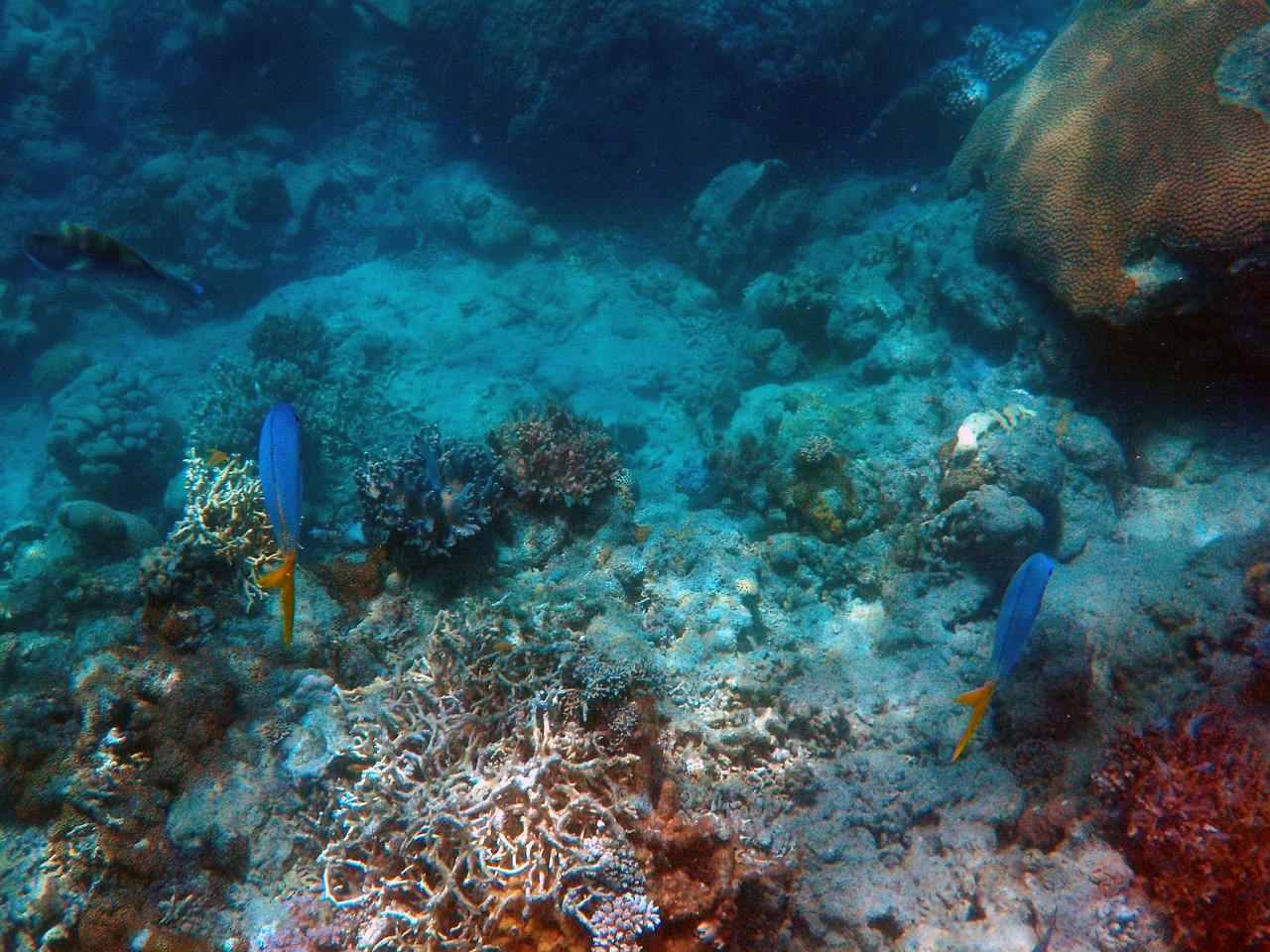
Hades, known in ancient Greek religion as the god ruling over the underworld, was among the children of the Titans Cronus and Rhea. He shared his lineage with his siblings Zeus, Poseidon, Demeter, Hera, and Hestia. In Greek mythology, the underworld is often depicted alongside a variety of notable figures, such as Charon, the ferryman…
-
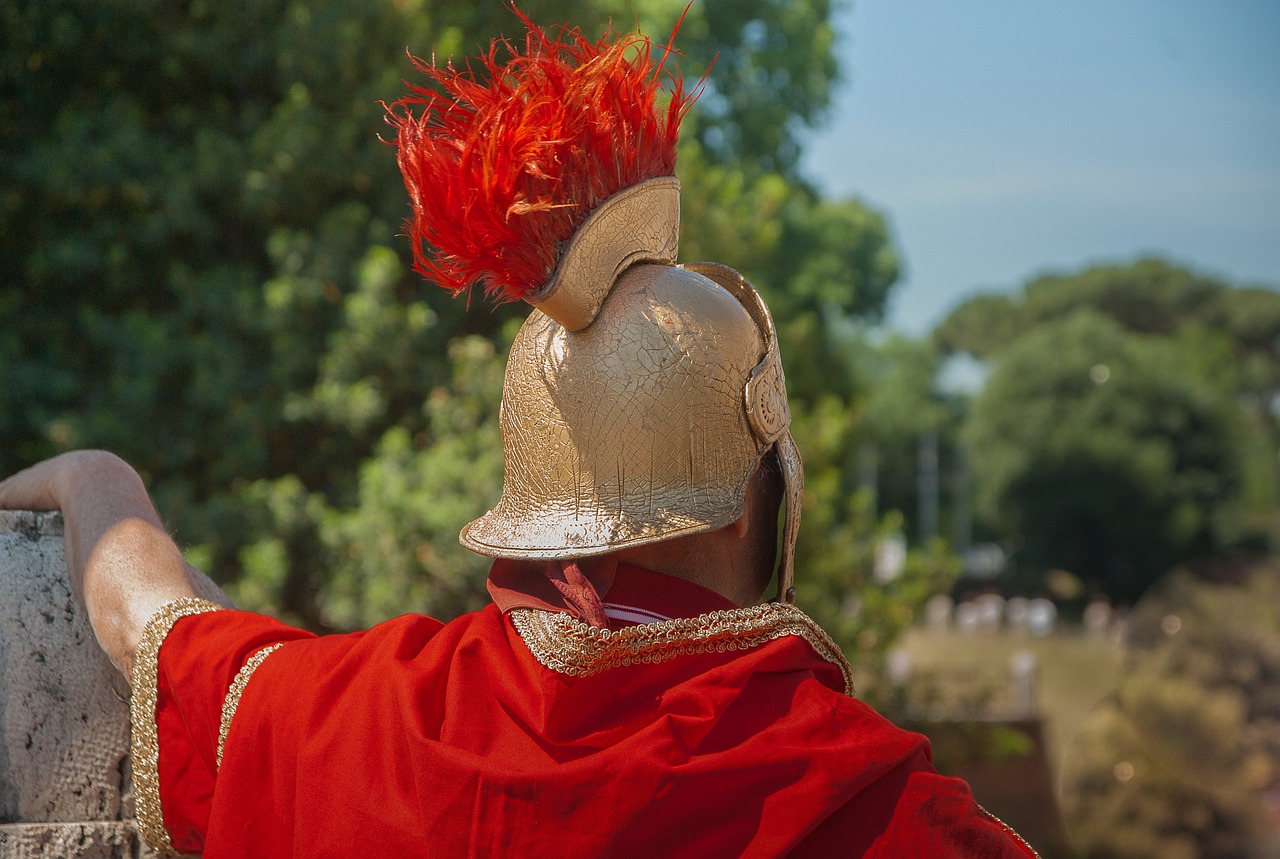
Roman religion, often referred to within the context of Roman mythology, encapsulates the beliefs and practices of the inhabitants of the Italian peninsula from ancient times to the rise of Christianity in the 4th century CE, during what is known as Classical antiquity. Nature and Significance According to Cicero, a well-known orator and politician, the…
-
Overview Arawn is a prominent figure in Welsh mythology, known as the lord of Annwn, the Otherworld found in the Mabinogi. Renowned for his exceptional hunting skills and magical prowess, particularly in shapeshifting, Arawn’s most notable association is with Pwyll, the Lord of Dyfed. Etymology The name Arawn is thought to have roots in Welsh,…
-
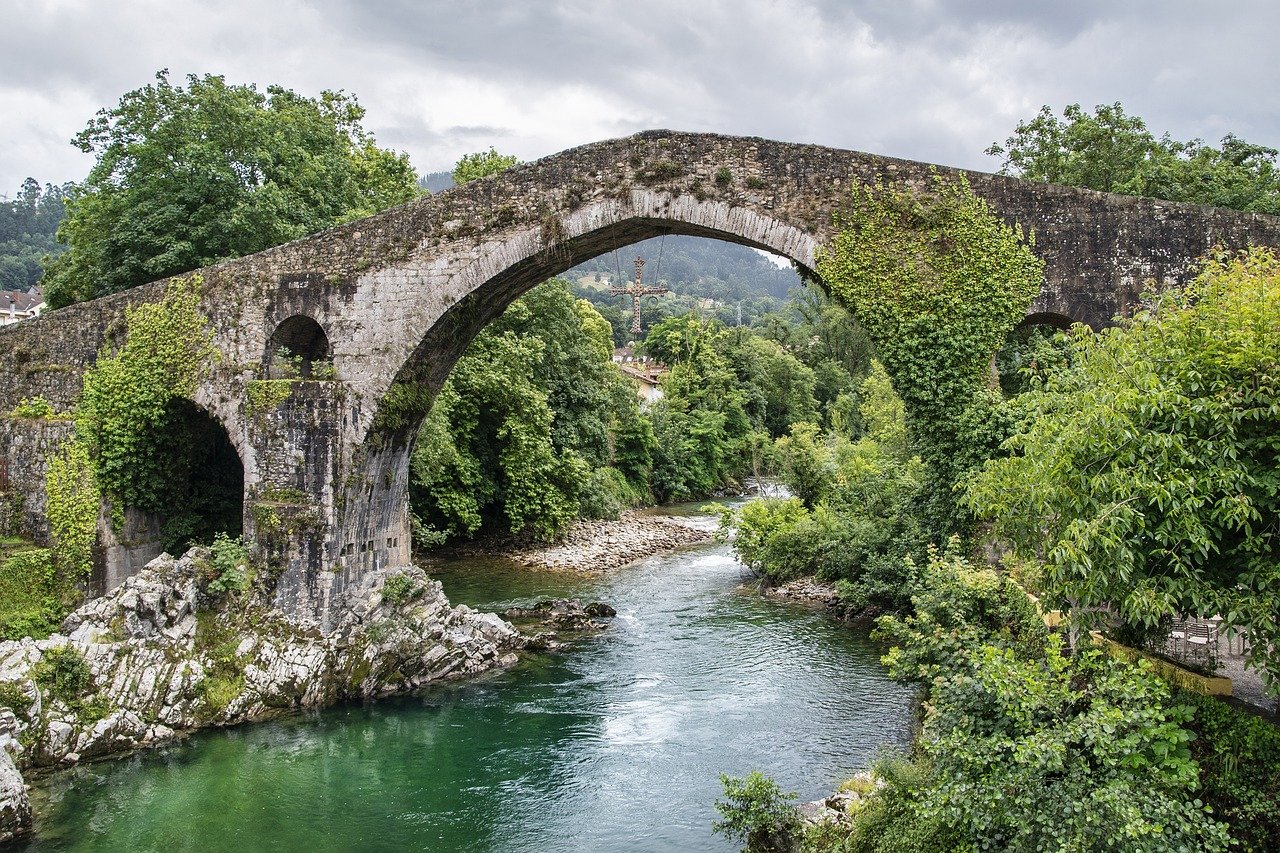
Victoria: Roman Goddess of Victory Victoria, the Roman deity embodying victory, played a vital role among the victors of warfare, believed to hold the power to grant success. She was particularly revered by Roman generals returning from the battlefield. These triumphant commanders were honored with a ceremonial event known as a ‘Triumph,’ a grand procession…
-
Ammit, the Devourer of Hearts, stands out as one of the most striking and formidable deities in ancient Egyptian mythology. This fearsome figure is uniquely crafted with features derived from three lethal animals: the lion, the hippopotamus, and the crocodile. As a key player in the beliefs surrounding the afterlife in ancient Egypt, Ammit played…

